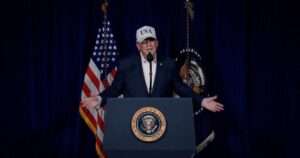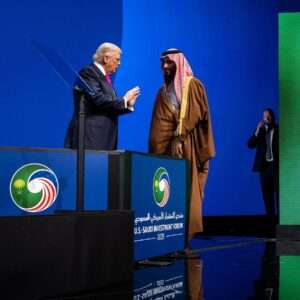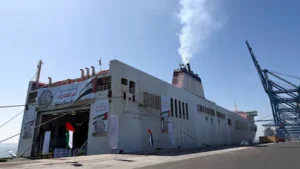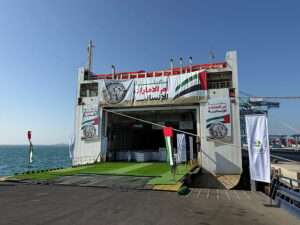By Ziad Hamdi
French football—long hailed as a beacon of fair play and sporting integrity—now finds itself at the center of a sweeping ethical and legal crisis that threatens to upend its leadership and institutional credibility.
At the beginning of July 2025, the French anti-corruption watchdog Anticor launched one of the most explosive investigations in recent memory. The organization filed a formal legal complaint on July 4, unveiling a deeply troubling web of allegations implicating top officials in Ligue 1, as well as politically connected figures in France’s sports establishment.
This was no symbolic gesture. The complaint includes accusations of financial corruption, conflicts of interest, abuse of power, money laundering, blackmail, fraud, embezzlement of public funds, tax evasion, and the formation of an organized criminal group. In short, it reads like a catalogue of economic crimes, painting a damning picture of systemic rot within French football’s uppermost ranks.
At the center of the scandal is Vincent Labrune, president of the French Professional Football League (LFP). Questions have long surrounded his controversial election in 2020 and re-election in 2024. Now, investigators are looking into whether those votes were manipulated, with allegations of behind-the-scenes maneuvering to install loyalists and marginalize rivals—amounting to a possible abuse of institutional power.
But Labrune is far from alone.
The investigation names several other influential figures, including Nasser Al-Khelaifi, the powerful Qatari businessman who chairs Paris Saint-Germain and holds major sway across sports, media, and politics. Also implicated are club presidents such as Jean-Pierre Caillot (Reims), Olivier Sadran (formerly of Toulouse), Laurent Nicollin (Montpellier), Loïc Féry (Lorient), Waldemar Kita (Nantes), Jean-Pierre Rivère (Nice), and Bernard Caïazzo (formerly of Saint-Étienne). Even elected officials, like Member of Parliament Karl Olive—former mayor of Poissy—are under scrutiny.
Anticor alleges that these individuals facilitated financial flows and deals that served foreign interests, threatening the independence of French sporting institutions and raising alarms about undue international influence. If substantiated, these claims would not only constitute serious legal violations but also pose a profound challenge to national sovereignty.
Warning signs have been emerging for years. In November 2023, prosecutors launched an investigation into the creation of a controversial commercial subsidiary of the LFP. A year later, in November 2024, law enforcement raided the League’s headquarters. A Senate inquiry soon followed. Still, the July 2025 complaint marks the first time these threads have been tied together into a broader, more ominous narrative of institutionalized corruption.
What gives this story even greater weight is the release of a new exposé by investigative journalist Romain Molina. Published on July 7, his latest book lifts the curtain on years of misconduct within French and European football, from financial irregularities to cover-ups of abuse. Molina, no stranger to controversy, has previously uncovered disturbing truths that the sport’s elite have long tried to bury.
Now, the judiciary must decide whether this investigation will lead to real accountability—or be buried under political pressure and media spin.
Early signs suggest the former. The scope of the charges, the prominence of the individuals involved, and the gravity of the evidence all point to an unprecedented legal reckoning. And yet, the silence from many of the accused is deafening—a silence that raises more questions than it answers.
This is not just a scandal about football. It is a test of whether France can uphold the rule of law in a sector beloved by millions and watched by the world. When the most public of all arenas becomes a front for laundering dirty money and peddling influence, the stakes go beyond sport—they strike at the heart of public trust.
Football is no longer merely a pastime. It is a geopolitical and economic machine, and like all powerful institutions, it must be held to the highest standards of transparency and accountability.
The storm brewing over French football is more than a crisis—it is a warning. A nation that fails to confront corruption in its most visible institutions risks undermining the credibility of its justice system, the legitimacy of its leadership, and the faith of its citizens.
In the coming weeks, we will see whether France chooses reform—or denial. The world is watching.















